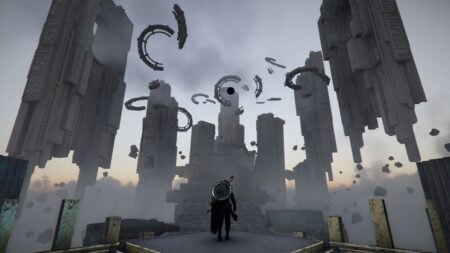Generative AI has been making waves in game development over the last few years, promising faster production and cost-saving solutions. Regardless of its actual effect, the technology has sparked debate about creativity and ethics among developers. However, a recent report reveals that most gamers don’t particularly care about generative AI in development — as long as the game delivers.
Conducted by MIDiA Research, 6,300 gamers from Western and Asian countries including the US, Australia, France, and South Korea were surveyed. 60% of them, or 3,780 respondents, said that AI-made content does not factor into their purchasing decisions. But, as mentioned above, this neutrality comes with a caveat as players demand ‘quality’ above all else.
“I am generally for [gen AI in games], but I want to see it be used to create better quality games rather than bigger ones,“ said a 39-year-old US respondent. “Or I want to see the savings passed on to the customer. I do not want to see it used to justify reducing headcount and the money going to shareholders.”

Notably, 20% of respondents view AI positively, while 19% hold negative sentiments. The data reveals that older gamers, especially those aged 55 and above, tend to be more critical of AI’s role in gaming.
Generative AI tools are already revolutionizing the creative process, aiding in localization, asset generation, and NPC interaction. Controversial businessman Elon Musk even promised to make ‘games great again’ by building an ‘AI-powered game studio.’
Industry giants, however, remain divided. EA embraces the technology with over 100 active AI projects, while Take-Two is more cautious saying it won’t affect game development too much. Nintendo, on the other hand, would rather shy away from this trend.
In the end, there’s no denying that AI is transforming game development and reshaping the developers’ role in the process. Not to mention the ethical dilemmas, such as unintentional plagiarism and the devaluation of creativity.
Because of this, companies must prioritize authenticity, using AI to innovate while valuing human talent instead of cutting more jobs. It should keep the creative industry rooted in passion, and the controversial tech should help create high-quality games that players love.








